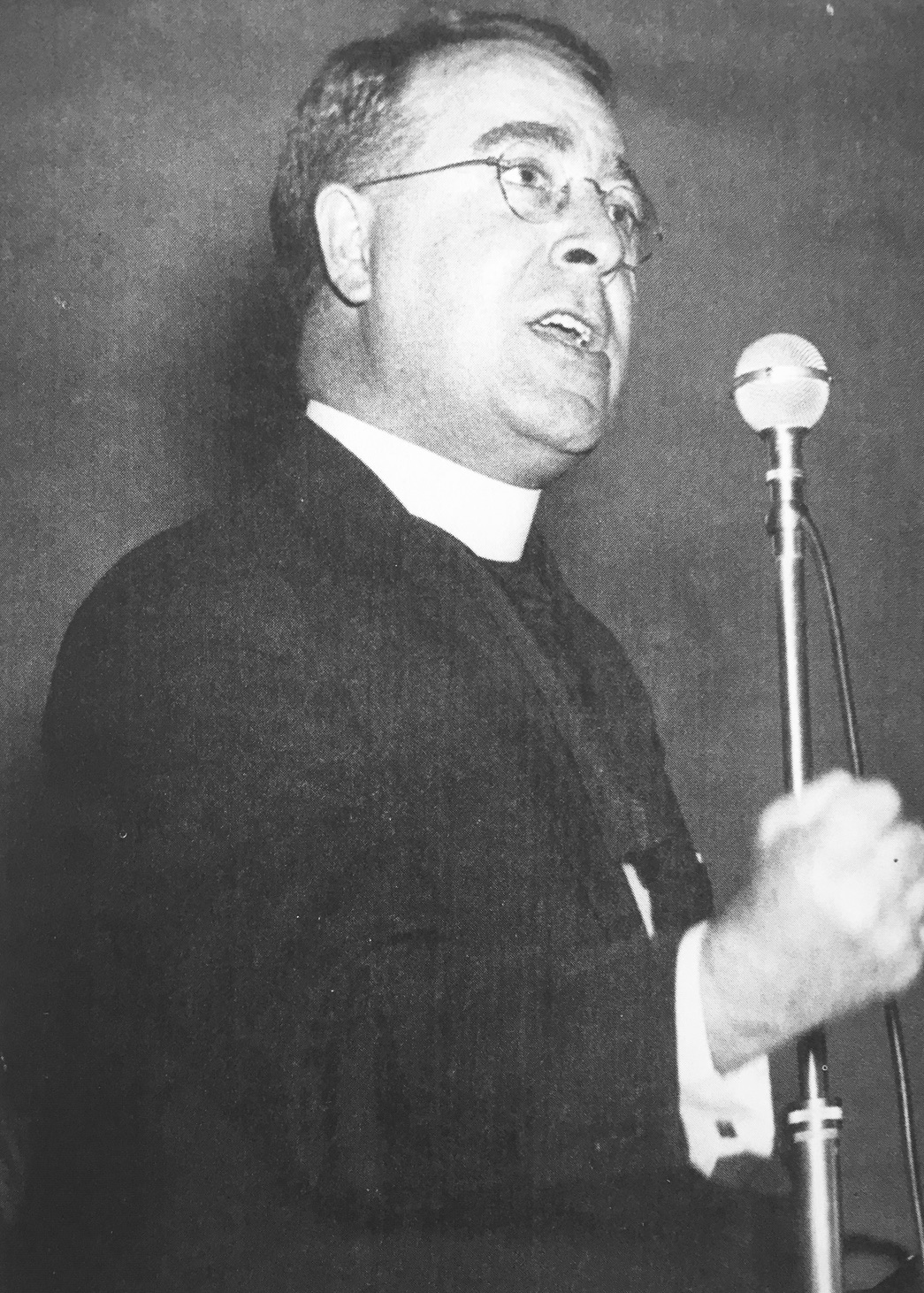Father Charles Edward Coughlin, a Roman Catholic priest, was the voice of the Christian Front, an extreme right-wing organization dedicated to cleansing the United States of Jews and communists. One of the most popular American broadcasters of the 1930s and 1940s, he was also the editor of Social Justice, a widely read newspaper that disseminated the hateful message of this short-lived reactionary group.
Coughlin’s lieutenants, charged with turning his inflammatory rhetoric into ugly reality, are the subjects of Charles Gallagher’s book, Nazis of Copley Square: The Forgotten Story of the Christian Front, published by Harvard University Press.
Active from 1938 to 1940, the Christian Front was composed almost entirely of working-class Irish Catholic Americans from New York City and Boston. Regarding themselves as foot soldiers of the Roman Catholic Church fighting a holy war against “Judeo-Bolshevism,” they embraced an antisemitic violence that was alien to American democracy.
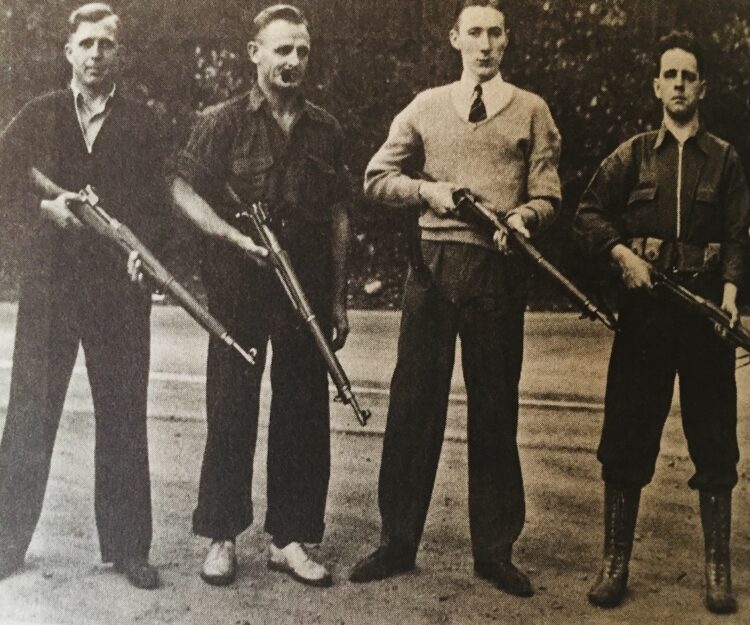
Their ideology could have been taken out straight out of Nazi Germany’s playbook. They were devoted to installing a temporary dictatorship aimed at eliminating Jews from American society and rooting out communism. By 1940, the Christian Front was in shambles, having been broken up by FBI raids into the homes and offices of its leaders.
Gallagher, an associate professor of history at Boston College, charts its rise and fall with scholarly precision, focusing his attention on lay acolytes such as John Cassidy of New York City and Francis Moran of Boston.
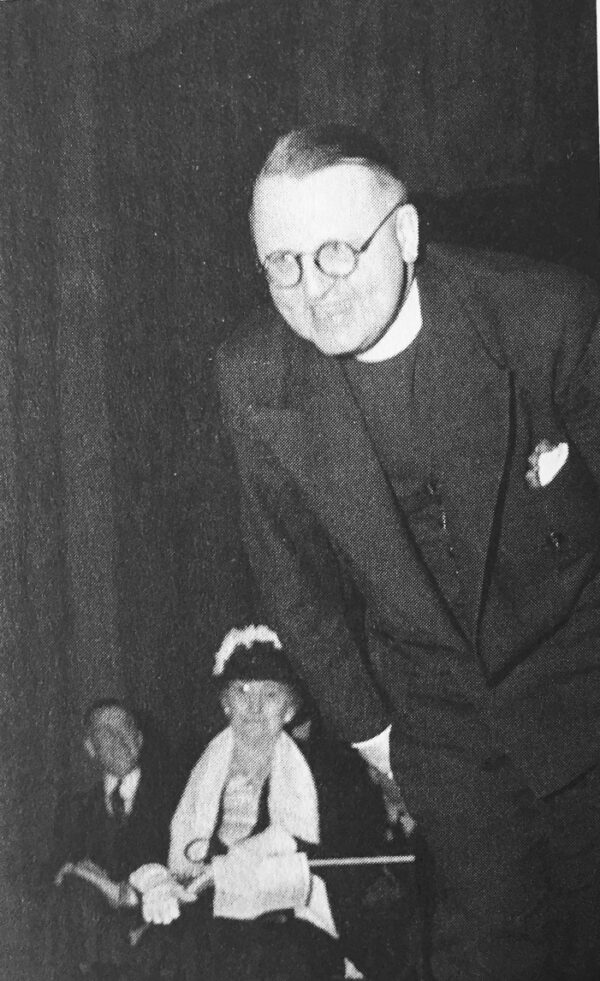
They did not operate in a vacuum, having been supported ecclesiastically by New York priests like Edward Lodge Curran of Brooklyn, Edward Brophy of Queens and Michael Ahern of Boston. They enabled the growth and prosperity of the Christian Front, says Gallagher. Policemen were also sympathizers, as were members of the National Guard.
Established politicians in Boston formed friendly relations with Moran and his associates. He was chummy with James Michael Curley, who was successively a U.S. congressman, mayor of Boston and governor of Massachusetts. At one point, the Speaker of the House of Representatives, John McCormick, protected Moran from possible incarceration under wartime detention laws. And during Cassidy’s trial, Time magazine “ran interference” for him.
Fronters, as he succinctly describes them, were true believers in the myth of Judeo Bolshevism, claiming that communism was a Jewish plot against Christianity. “Fronters believed firmly in the deicide, the idea that Jews had killed Christ, and their leaders moved them from this age-old position toward a distinctly modern and violent blend of antisemitism and anti-communism,” he writes.
Politically, fronters were populists with socialistic preferences. “They agitated for fairness under a system they called Christiaan economics, which meant business opportunities for everyday Christians, welfare for Christians in need, and redistribution from Jews to Christians. They were often anti-union … because unions were perceived as infected by communism. Some … were pro-business, but the front often took aim at corporate barons. Coughlin despised (President Franklin) Roosevelt and the New Deal but also championed Social Security.”
From start to finish, fronters served one master: religious faith. “Its leaders preached hate, praised and worked for (Adolf) Hitler, and engaged in violence because they understood these actions as fulfilling the requirements of Catholic dogma,” he goes on to say.
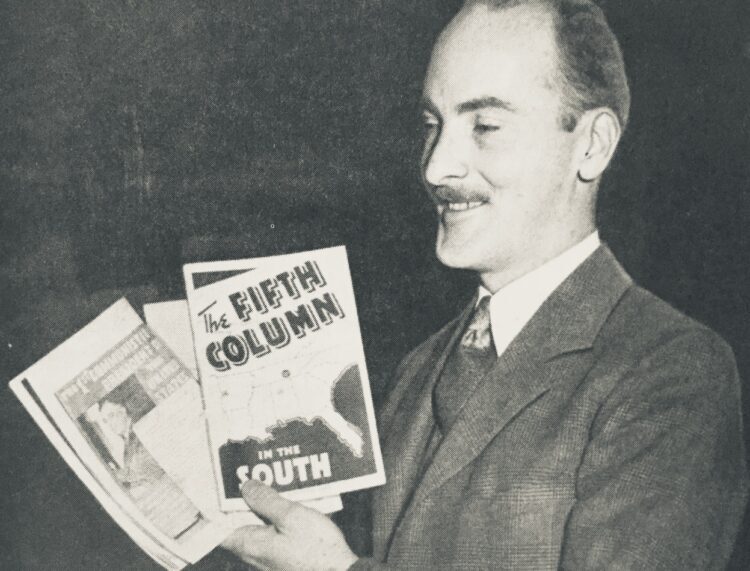
Not surprisingly, Moran and his ilk were isolationists. Lobbying to keep the United States out of World War II, they portrayed it as a diabolical scheme by Jews and Britain to embroil the United States in a needless conflict with Germany. U.S. citizens who called for American intervention should be shot, he said.
Moran was also a vicious antisemite, committed to a Nazi-like exterminationist policy with respect to Jews. Under his tutelage, the Christian Front was a vehicle for transitioning Catholic anti-Judaism into racial antisemitism. Gallagher believes he was highly influenced by Germany’s consul-general in Boston, Herbert Scholtz, a fanatical Nazi.
From 1939 onward, the Christian Front sought the overthrow of the U.S. government. Its strategy was to bomb communist and Jewish institutions, incite chaos, induce the National Guard to suppress rebellion, and seize power. As Gallagher suggests, this was an absurd, misbegotten idea.
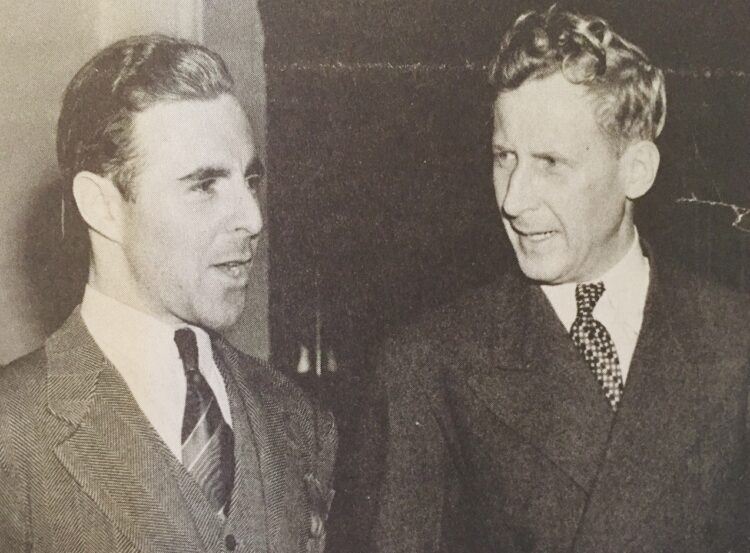
He contends that the heyday of the Christian Front in New York City under the leadership of Cassidy was of short duration. “By the winter of 1940, its most aggressive members were under federal indictment on charges of seditious conspiracy and weapons theft,” he says. Following a trial, it was barely heard from again.
However, the Christian Front became a major player in Boston, at least for a while. It received protection from the Roman Catholic hierarchy, which sought to downplay its violence and antisemitism and to distinguish its indicted members from the church and its teachings.
In 1942 and 1943, Boston was convulsed by an outbreak of violent antisemitism, largely perpetrated by Irish Catholic gangs in sympathy with the now-suppressed Christian Front. “Police abetted crimes against Jews, sometimes by turning a blind eye, sometimes by arresting Jewish Bostonians for defending themselves, and sometimes by directly participating in beatings of Jews,” says Gallagher.
He points out that a segment of Boston’s Irish Catholic population was opposed to the violence and the antisemitism. Citing an activist named Frances Sweeney, he calls her “a one-woman crusade against antisemitism.”
Motivated by a “forward-looking Catholicism,” she argued that antisemitism was antithetical to the Gospel’s promotion of love, and that Catholics like Coughlin and Moran did not represent the spirit and conscience of the church.
This may have been true, but racists like Coughlin and Moran certainly had a substantial following.
